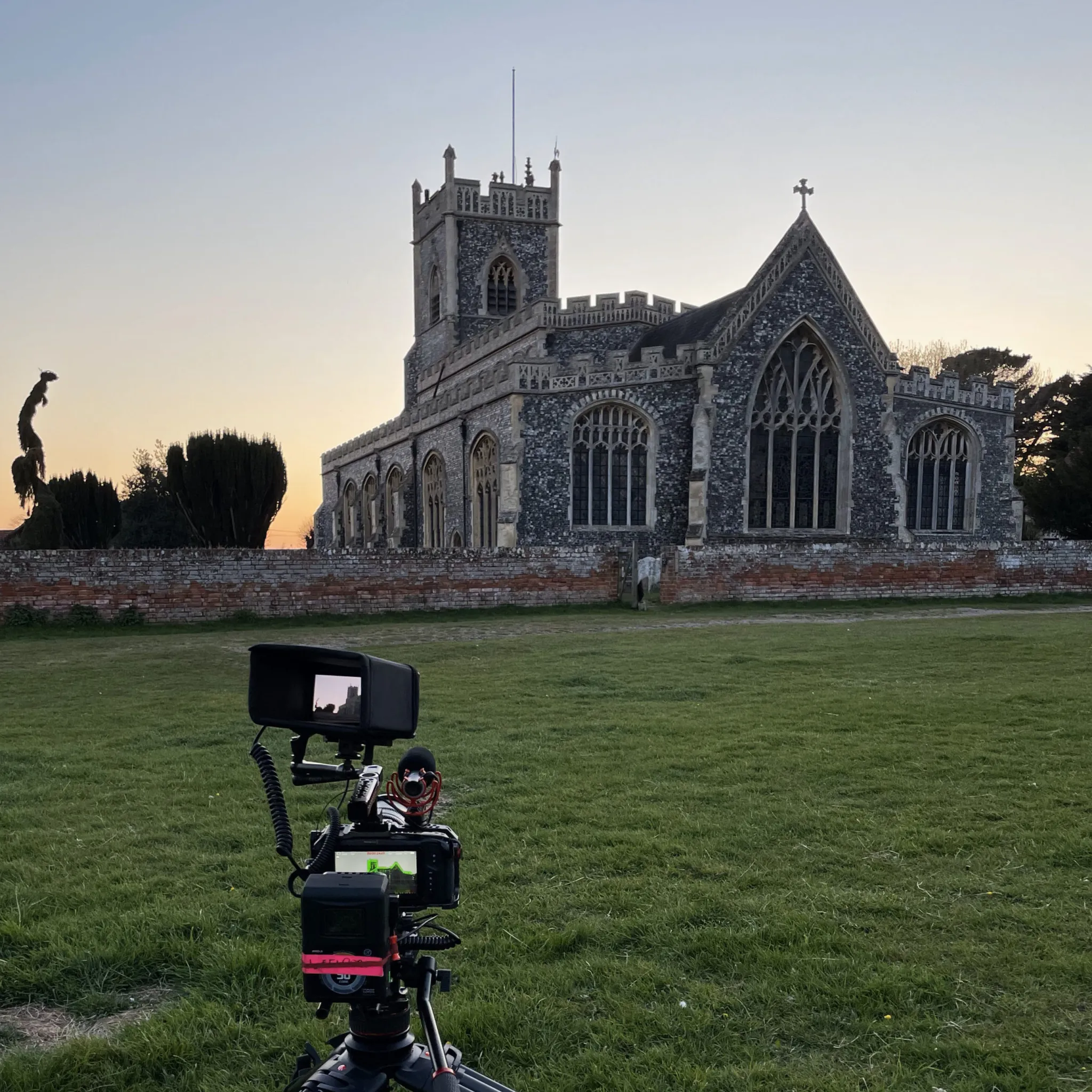Please update your browser
Your current browser version is outdated. We recommend updating to the latest version for an improved and secure browsing experience.
Not a member?
Sign up
Sign in

Your current browser version is outdated. We recommend updating to the latest version for an improved and secure browsing experience.
